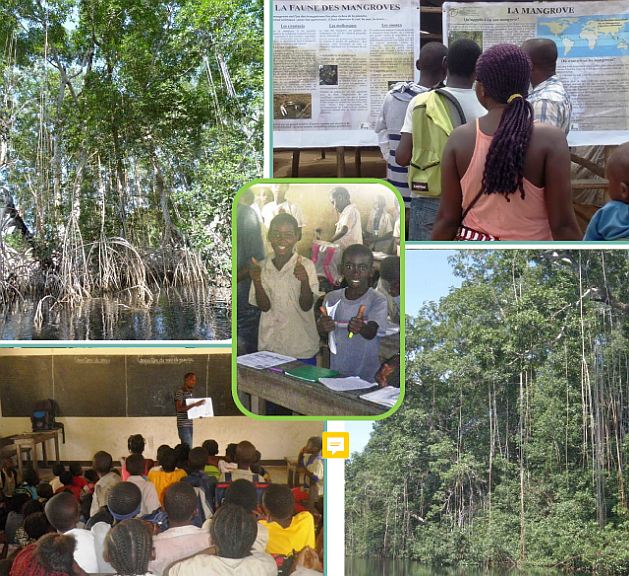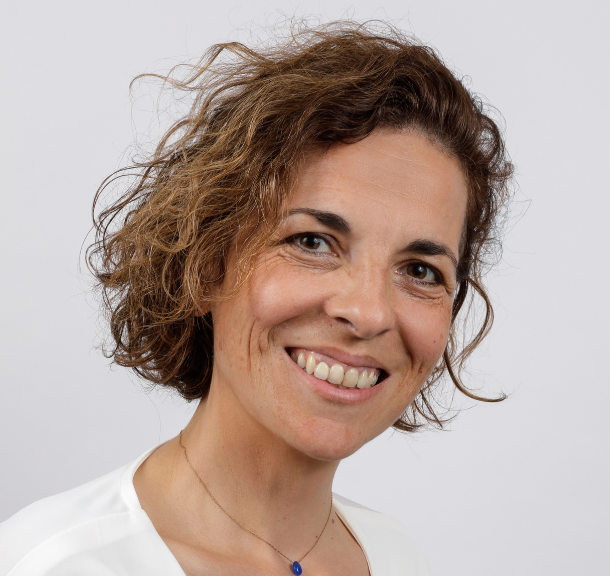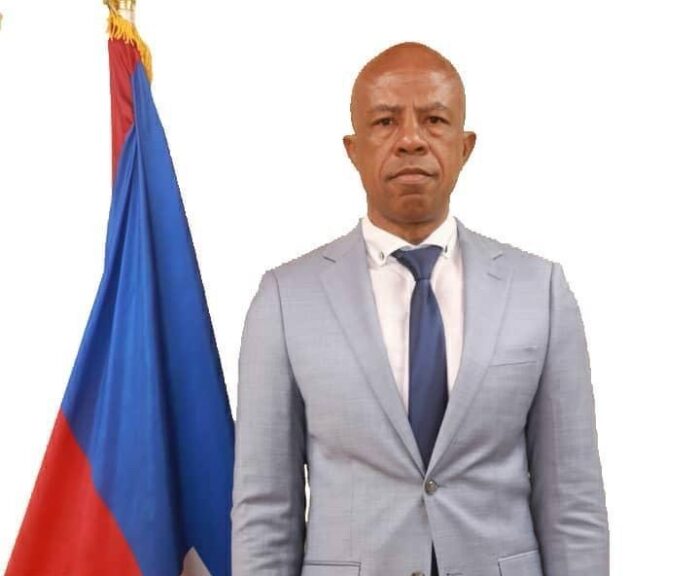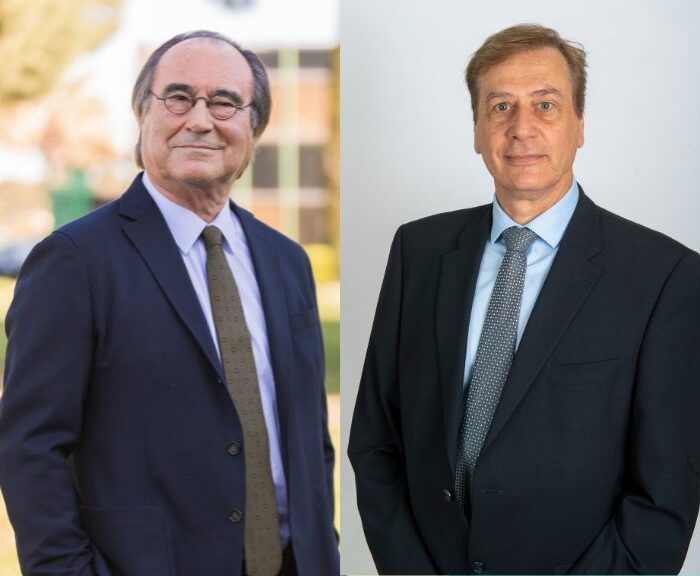Pointe-Noire, the administrative capital of the Republic of the Congo, is also the country’s economic lung, with an important contribution made by the deepwater port and the oil terminal. Today it must take steps to meet the threats to its coastline, natural areas and marine resources. In this interview, M. Jean-François Kando, Deputy Mayor of Pointe-Noire, tells us about the measures which will enable the city to respond to these threats and “Protect Biodiversity“.
The City of Pointe-Noire has been an AIVP member since 1995
AIVP – A report published recently by UN–Habitat identified a serious challenge created by waste, oil, plastic bags and bottles along the shores of Pointe-Noire. This marine pollution is harmful to the animal and plant species that live on the coastline.
What policies can be implemented to fight coastal pollution?
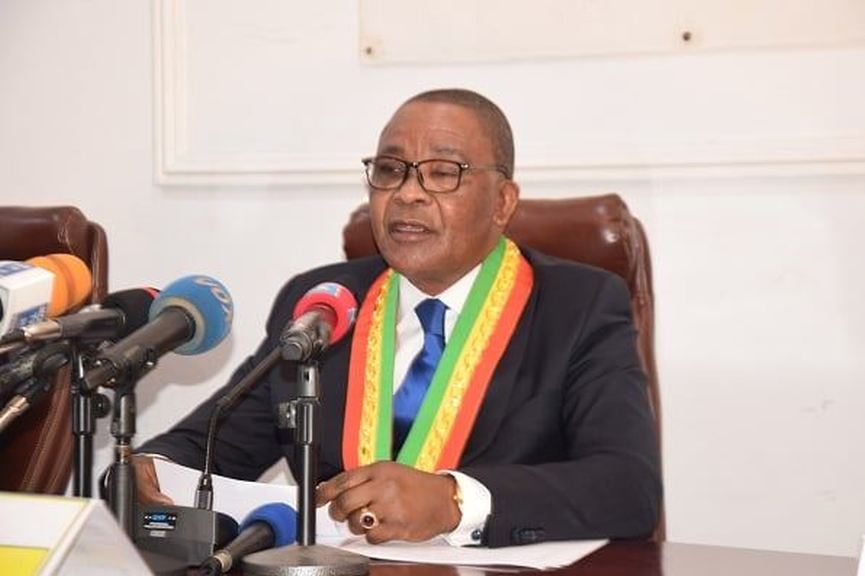
M. Jean-François Kando, Deputy Mayor of Pointe-Noire – We need to find funding to set up a cleaning and waste management system to organise the collection, transport, storage, sorting, treatment, recycling and re-use of waste within the city limits, to achieve several aims:
⦁ fight against the swamping of nature by waste;
⦁ anticipate, preserve and enhance the city’s existing capabilities by creating transit areas for household waste;
⦁ reorganise informal collectors in district inaccessible to waste-collection trucks
⦁ design and implement a new master plan for waste transport routes to landfill sites;
⦁ purchase modern equipment for the desanding and flushing of gutters and channels;
⦁ strengthen law enforcement legislation;
⦁ promote eco-tourism.
AIVP – According to studies by the National Centre for Forest and Fauna Inventory (CNIAF), concrete constructions are threatening the mangroves of Mazra and Loya. Mangrove swamps are not only an essential breeding ground for fish and crustacans, but also a carbon sink that absorbs CO² from the atmosphere?
How can you protect mangroves effectively from urban and/or port expansion?
M. Jean-François Kando, Deputy Mayor of Pointe-Noire – Our objectives are to:
⦁ finalise the city’s master plan by implementing a local urbanisation plan as a matter of urgency;
⦁ carry out a census of existing mangroves and put protection measures in place;
⦁ restore damaged mangroves;
⦁ create a safety zone around the mangroves by expropriation of coastal residents;
⦁ set up an inter-ministerial commission including the Port, the City Hall and the Environment Ministry in the framework of monitoring the existing guidelines.
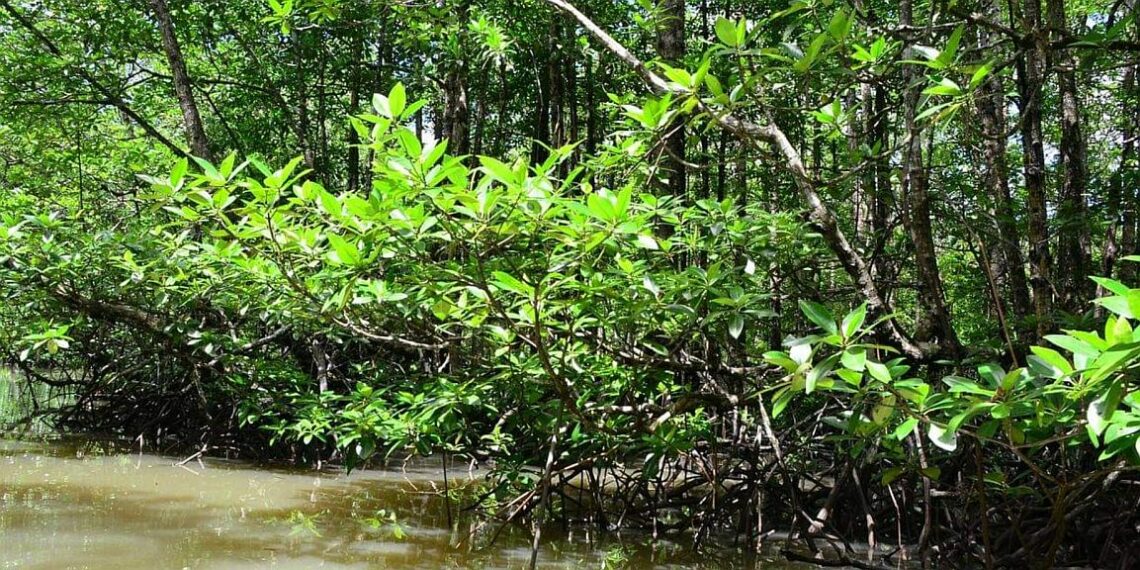
AIVP – The NGO Renatura Congo is active in the Department of Pointe-Noire. It has organised awareness sessions together with Congo Terminal to educate the population in good practices they can adopt to help biodiversity.
Could your City Hall associate itself with this initiative, or launch actions with the same objects?
M. Jean-François Kando, Deputy Mayor of Pointe-Noire – Yes; considering the environmental challenges we are facing, it is a good idea to form associations and identify other partners for the conception of a massive programme to educate the population and raise their awareness, based on the principles of conserving the environment and publicising the regulations.
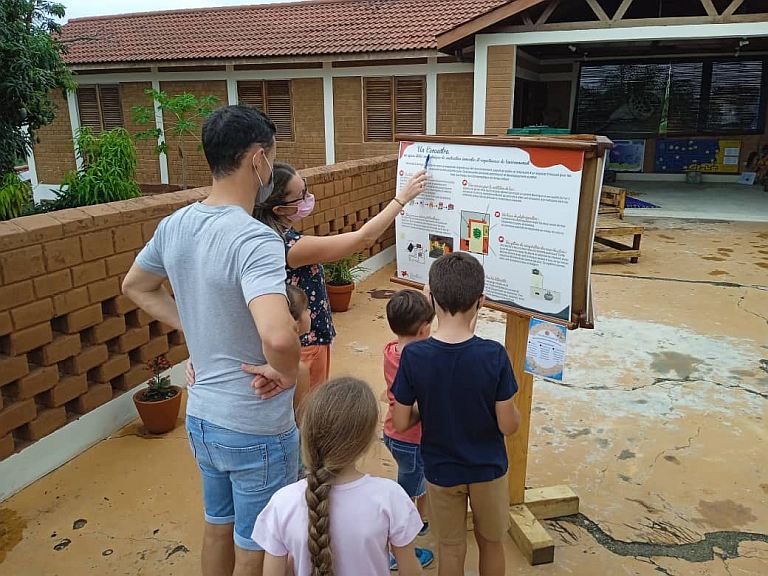
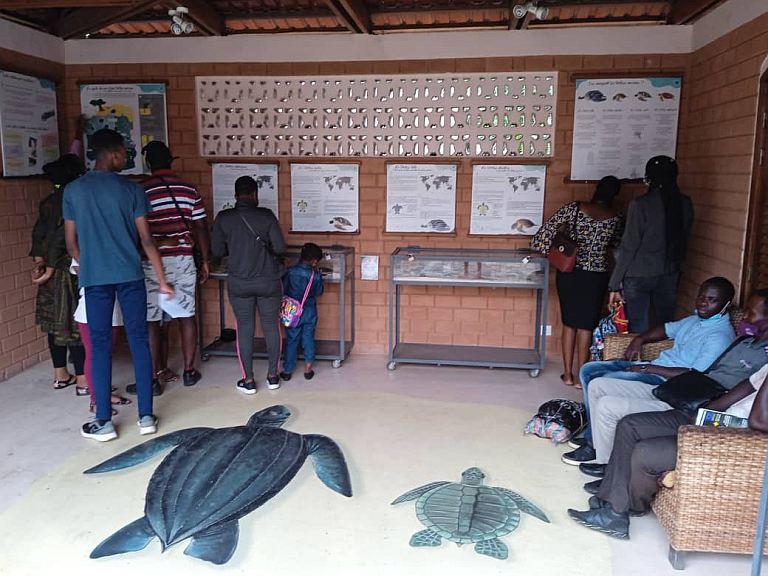
AIVP – The industrialisation of fishing casts doubt on the good management of marine resources. A project financed by the French Development Agency and the European Commission for the period 2018-2023 is designed to improve the sustainability of fishing on the Congolese coast, thus protecting local fish species.
Do you have any projects for sustainable fishing, or might you for example associate yourselves with that initiative?
M. Jean-François Kando, Deputy Mayor of Pointe-Noire – No. Nevertheless, we are willing to associate ourselves with this initiative in the framework of one of our coastline preservation projects:
⦁ mangrove reproduction to support the breeding of aquatic species and to contain coastal erosion;
⦁ construction of fishing villages;
⦁ construction of a plant for the processing and sale of marine products;
⦁ creation of fishing cooperatives;
⦁ modernisation of artisanal fishing.
Making space for mangroves – The area of mangroves in the south of the Department of Pointe-Noire fell from 506 hectares in 2000 to 57 hectares in 2014. According to estimates by the National Centre for Forest and Fauna Inventory (CNIAF), 90% of the area of mangroves has been lost since the first decade of this century.
The need to “Rehabilitate and protect the mangroves in a participative effort” was enshrined in the City of Pointe-Noire Urbanisation Plan in 2016. A 5-year strategic action plan for the restoration and sustainable use of mangrove ecosystems and associated wetlands has also been established by the Department of Pointe-Noire.
At a national level, the Congo has set up instruments and strategies such as the inclusion of certain sites on the list of wetlands of international importance. At all events, as the Tourism and Environment Minister, Madame Arlette Soudan-Nonault, stressed on 3 March this year at African Environment Day, efforts must be continued to make a real space for mangroves, as their ecological, biological, economic and sociocultural functions are clear. And according to the Minister, in a country severely exposed to the problems of global warming and rising sea levels, “raising awareness of the vital importance of mangroves in the protection of our coastline is therefore more than ever an imperative.
Renatura Congo and its awareness-raising action
The NGO Renatura Congo was created in 2005 to respond to the threats facing turtles: pollution, poaching, urbanisation, and economic activities like fishing. It has assumed a wider role role in protecting biodiversity, particularly the mangroves that we mentioned in this interview. Renatura Congo has carried out numerous awareness-raising activities, especially for children. 270,000 children have taken part in these activities, carried out jointly with the teaching teams of public and private schools in Pointe-Noire and coastal villages.
Renatura Congo
